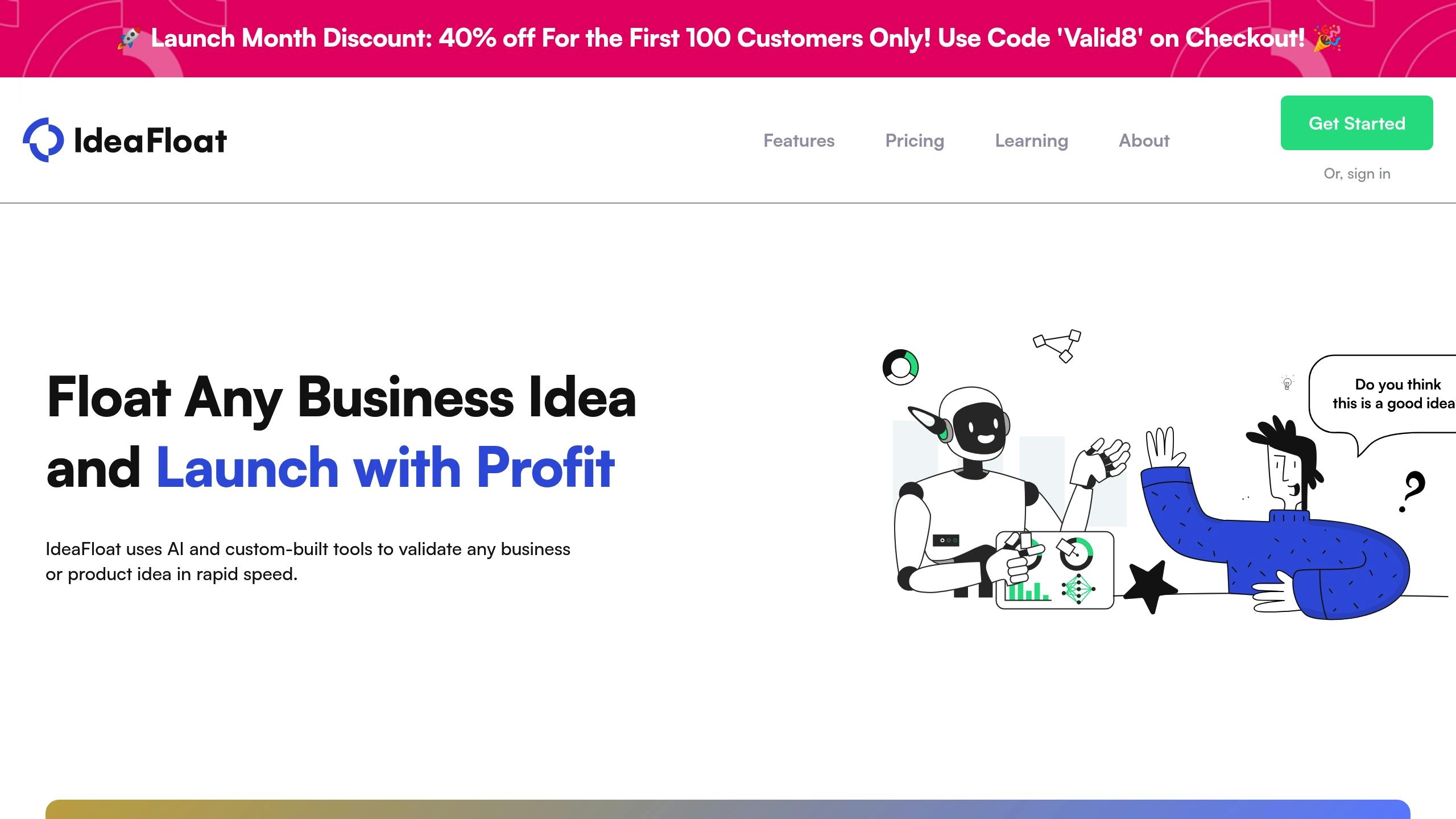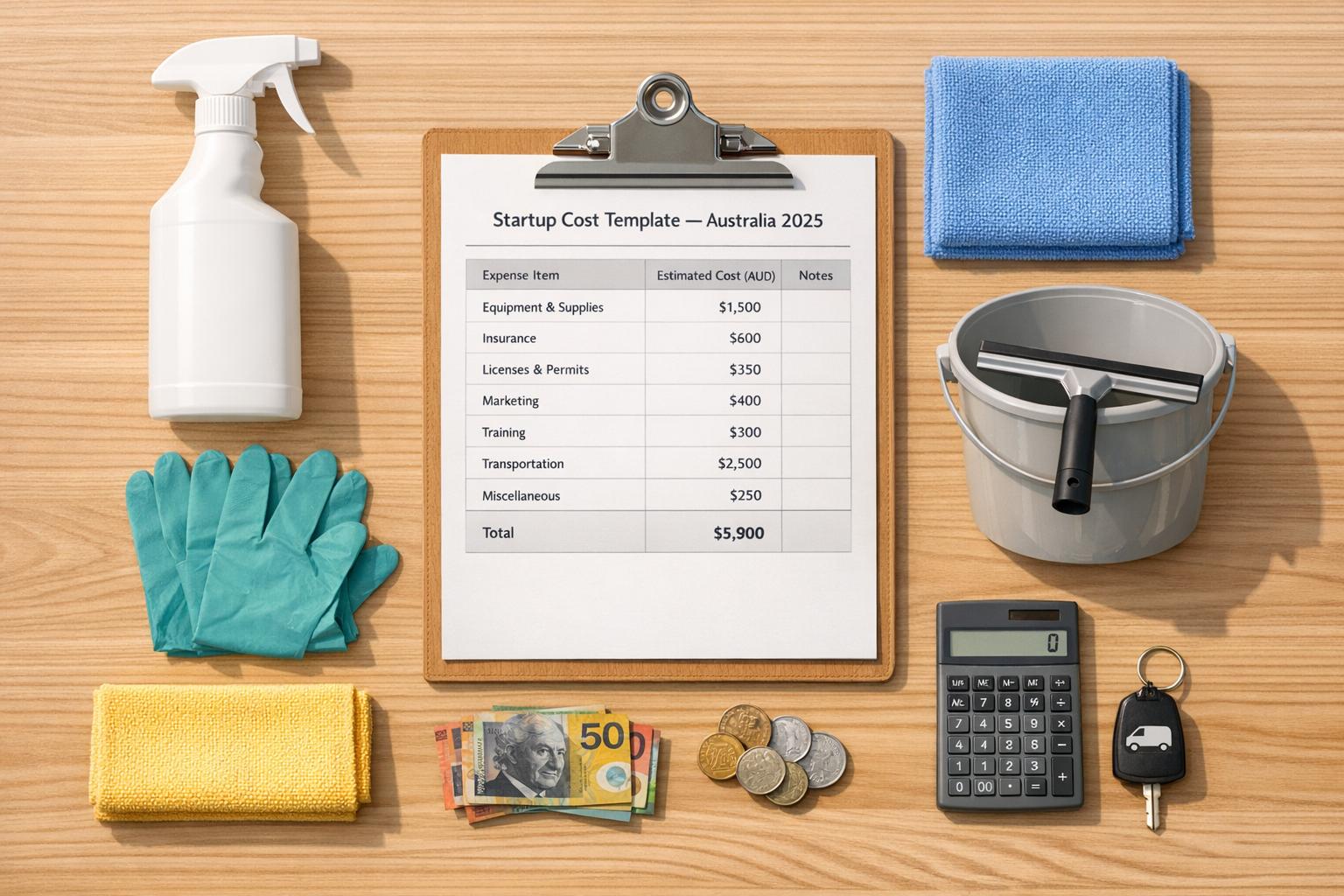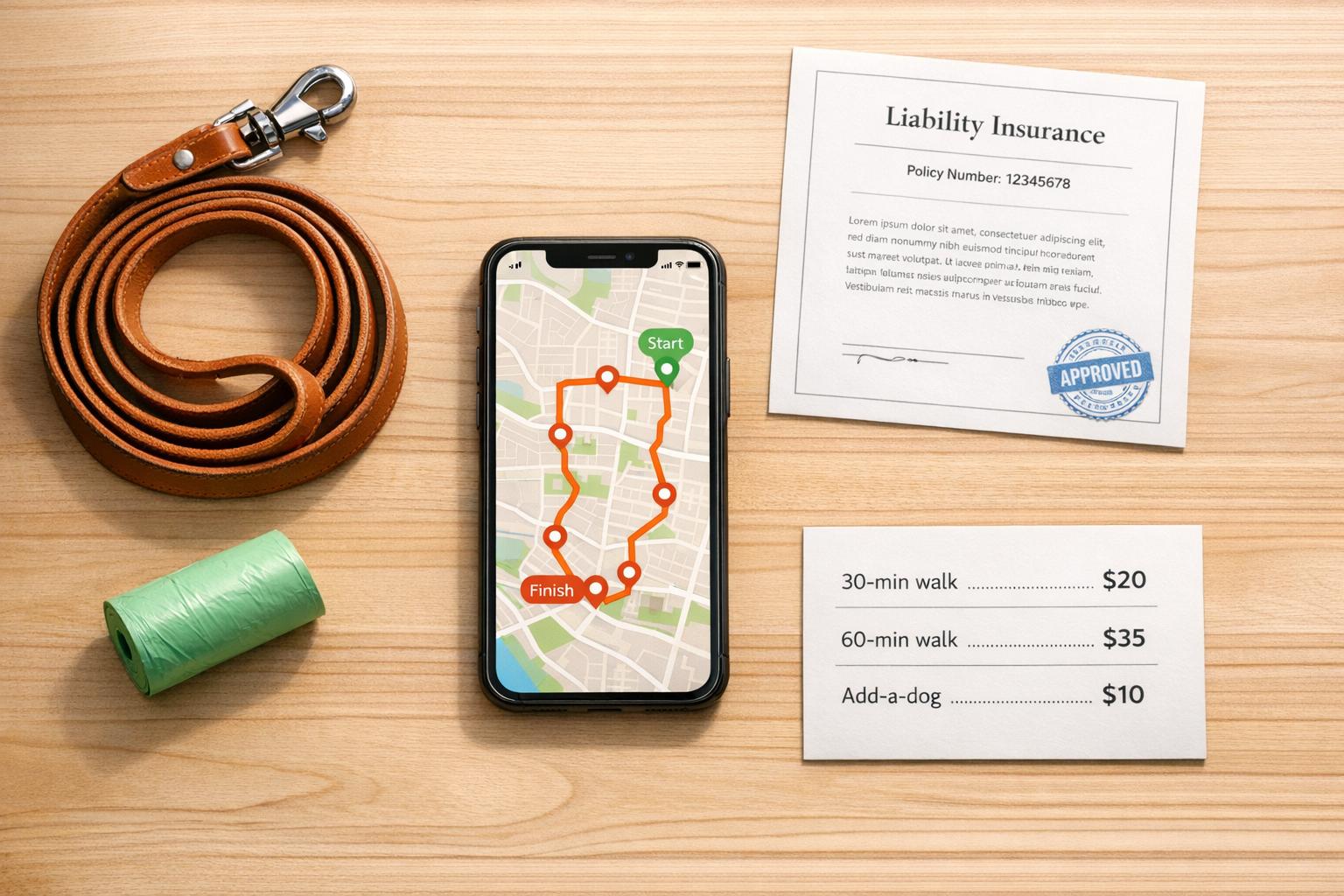
To secure investment, focus on these six factors investors prioritize:
- Market Potential: Show a large, growing market.
- Financial Health: Highlight strong revenue, profits, and realistic valuations.
- Unique Value: Prove your product stands out.
- Founder Expertise: Demonstrate industry knowledge and skills.
- Scalability: Present a plan for sustainable growth.
- Market Validation: Provide evidence of customer demand (e.g., sales, pre-orders).
Key Takeaways:
- First Impressions Matter: Confidence, clarity, and preparation are critical in the first 90 seconds of your pitch.
- Numbers Seal the Deal: Solid financials like revenue growth and profit margins are essential.
- Prove Demand: Use tools like IdeaFloat to validate your market before pitching.
Examples: Scrub Daddy grew to $209M in sales with Lori Greiner’s investment. Bombas hit $100M annual revenue by proving demand early. Avoid mistakes like Toygaroo, which failed due to poor financials and high churn.
Investors want clear, validated ideas and prepared founders. Nail these, and you’ll stand out.
Shark Tank Rejects that became Successful
Making the Right First Impression
In investment pitching, those first 90 seconds are crucial. Investors often decide quickly, with Shark Tank pitches averaging just 45 seconds before interruptions from the panel [4]. This fast-paced judgment ties back to key factors like confidence and clarity, which signal a founder's capability.
The 90-Second Pitch Assessment
Investors focus on three main elements during those precious seconds:
| Assessment Factor | What Investors Look For | Impact on Decision |
|---|---|---|
| Presenter Confidence | Body language, tone of voice, composure | Reflects leadership ability |
| Message Clarity | Clear and concise explanation of the concept | Highlights communication skills |
| Business Knowledge | Market insights, product expertise | Shows preparedness |
Barbara Corcoran notes: "An entrepreneur's confident stance and genuine smile can positively influence my initial impression, even before they start speaking" [3].
Scrub Daddy: A Pitch That Stood Out

A great example of hitting all the right notes is Scrub Daddy. Here's how their pitch excelled:
- Instant Product Demo: They immediately showcased the sponge's texture-changing feature and explained how it solved common cleaning problems.
- Operational Knowledge: They gave specifics about manufacturing and distribution plans.
- Market Expertise: They demonstrated a clear understanding of the cleaning industry.
- Preparation: They anticipated tough questions about scaling and answered them with ease.
The results spoke for themselves - Scrub Daddy's sales skyrocketed from $100,000 to $18 million in just one year after appearing on the show [5]. This success highlights how a strong first impression builds investor confidence and drives business growth.
Notably, 80% of funded pitches include a product demo within the first minute [7]. Why? Because showing beats telling - visual proof resonates more than abstract claims and aligns with the market validation investors prioritize.
Numbers That Matter to Investors
First impressions may grab attention, but it's the financial numbers that seal the deal. When considering investments, Sharks zero in on three critical metrics that highlight a company's financial health and growth potential.
Sales, Profits, and Growth Potential
The best pitches showcase solid performance in revenue growth, profit margins, and scalability. A great example is Bombas, which hit $50M in revenue by 2020 [8]. This success validated a business model that Sharks initially doubted.
Toygaroo: When the Numbers Fail

Toygaroo's 2011 pitch is a reminder of what happens when financials don't align. Mark Cuban and Kevin O'Leary invested $200,000 for 35% equity, but the company declared bankruptcy within 18 months [5].
The subscription model couldn't handle a staggering 65% customer churn or the high costs of logistics. Their pre-show valuation of $5M quickly crumbled under poor performance [5]. This stands in stark contrast to entrepreneurs who come prepared with validated business models.
Barbara Corcoran notes: "An entrepreneur's confident stance and genuine smile can positively influence my initial impression, even before they start speaking" [3].
Winning pitches combine verified financials with strategies to boost margins - something IdeaFloat helps entrepreneurs fine-tune before they step into the spotlight.
sbb-itb-08dd11e
Proving Market Demand
Financial metrics may show if a business is viable, but market demand is what ensures its staying power. On Shark Tank, the most successful investments often share one key trait: clear evidence of market demand. Entrepreneurs who validate their ideas before pitching significantly improve their chances of securing a deal. This proof of demand directly influences the financial indicators that investors care about.
Testing Market Interest Before Launch
A striking 82% of startups that receive funding validate their markets before launching[7]. But validation isn’t just about running surveys - it’s about engaging with real customers and securing actual purchases.
Take Pebble, for example. Before approaching investors for additional funding, they turned to Kickstarter. Their campaign raised an impressive $10 million from 69,000 backers[1]. This wasn’t just interest - it was concrete buying intent, which is exactly what Shark Tank investors prioritize.
Bombas: A Case Study in Market Validation

Bombas offers a textbook example of how to prove demand before pitching to investors. Founders David Heath and Randy Goldberg made sure to show solid evidence of market interest ahead of their 2014 appearance on Shark Tank. Here’s what they achieved:
- $400,000 in first-year sales[5]
- Partnered with over 200 organizations to donate socks
- Collected feedback from more than 1,000 customers to refine their product
This groundwork paid off. By 2021, Bombas had grown into a business generating over $100 million in annual revenue. Their early focus on market research was clearly a winning strategy.
Tools Like IdeaFloat for Market Testing

Modern entrepreneurs can use platforms like IdeaFloat to gather data and test their business concepts. Here’s how it works:
| Validation Method | Purpose | Key Benefit |
|---|---|---|
| Market Size Assessment | Measures potential demand | Informs revenue forecasts |
| Customer Profiling | Identifies the target audience | Refines marketing focus |
| Pricing Analysis | Tests price sensitivity | Maximizes revenue |
| Competitor Analysis | Pinpoints market gaps | Creates differentiation |
IdeaFloat’s analytics provide actionable insights, helping entrepreneurs prove market potential - exactly the kind of evidence investors demand. By addressing the leading cause of startup failure (lack of demand)[9], entrepreneurs can approach investors with confidence.
While proving demand is crucial, even the best ideas need strong leaders to succeed. That’s where founder preparation comes into play.
Founder Skills and Preparation
Investors don’t just look for market demand - they also evaluate whether founders have the skills to deliver. In fact, founder execution ability impacts 35% of Shark Tank investment decisions [10].
Market and Industry Knowledge
Mark Cuban often stresses the importance of knowing your industry inside and out. A great example? The Squatty Potty founders. They impressed Lori Greiner by showcasing their deep understanding of bathroom product trends and navigating regulatory requirements.
Here’s how successful founders demonstrate market expertise:
| Key Knowledge Areas | Examples from Shark Tank |
|---|---|
| Competitor positioning | Squatty Potty's standout bathroom innovation |
| Understanding customer needs | Bombas' focus on charity-driven purchasing |
| Regulatory awareness | Bouqs' expertise in flower import rules |
Business Operations and Risk Planning
Having a solid operational plan is what sets serious businesses apart from mere ideas. Barbara Corcoran often asks, “Who’s actually making the product?” to gauge readiness.
Take Scrub Daddy’s Aaron Krause as an example. He came prepared with:
- Manufacturing partnerships that ensured quality and supply chain reliability
- A clear intellectual property (IP) protection plan
Investment Pitch Preparation Steps
Kevin O’Leary insists that founders must know their numbers inside and out. To nail a pitch, entrepreneurs should focus on:
- Mastering unit economics: Like Ring, which presented detailed profit margins.
- Quantifying market potential: For instance, Bombas identified a $1.8B market opportunity.
- Addressing risks upfront: Bouqs highlighted farm-direct sourcing as a competitive edge.
Research shows that well-prepared founders secure 30% more funding and grow their user base three times faster [10]. When investors ask tough questions, preparation transforms doubt into confidence.
Business Validation Tools
Even the most experienced entrepreneurs need reliable tools to validate their business models - something Shark Tank investors now see as a must-have.
IdeaFloat Features and Benefits
According to CB Insights, startups that use structured validation processes are 80% more likely to attract funding [2].
Here are some of the key features IdeaFloat offers to support validation:
| Validation Area | Tool Feature | Impact on Investment |
|---|---|---|
| Market Size | Assessment Calculator | Quantifies the total addressable market |
| Customer Demand | Beta Testing Tools | Provides actionable user feedback |
| Financial Viability | Breakeven Analysis | Maps out the road to profitability |
| Competitive Edge | SWOT Generator | Highlights unique market positioning |
Daymond John says: "I'm more likely to invest in businesses that show evidence of thorough market testing and validation" [2].
Business Tool Comparison
IdeaFloat combines these features with AI-driven efficiency, similar to the methods used by Shark Tank success stories like Bombas.
| Feature | IdeaFloat | ValidatorAI | Zigzag |
|---|---|---|---|
| Market Research | Comprehensive surveys and analysis | AI-powered quick insights | Basic customer discovery |
| Financial Modeling | Detailed projections and scenarios | Limited capabilities | Standard templates |
| Pitch Preparation | Full deck builder with templates | Not available | Basic outline tools |
| Price | From $20/project | $49/month | From $19/month |
IdeaFloat stands out by stress-testing business models to uncover potential operational risks early. Its mock pitch simulator helps entrepreneurs prepare for tough investor questions, mirroring the rigorous preparation that led to Bombas' success. It even identifies challenges like high customer acquisition costs before they become deal-breakers.
Conclusion: Success Patterns from Shark Tank
Looking at hundreds of successful Shark Tank pitches, a few clear patterns emerge that separate ventures that secure funding from those that don't. While only 1% of applicants make it onto the show, an impressive 94% of deals made on air actually close [5]. These patterns tie directly to the key investment criteria we've seen consistently in Shark Tank success stories.
Tips for Future Entrepreneurs
The most successful pitches on Shark Tank share three key traits that investors repeatedly reward:
- Know Your Numbers: Founders who can clearly explain their unit economics and show a realistic path to profitability stand out. Investors want to see that you understand your business inside and out.
- Prove Your Idea Works: Companies with solid market testing or validation data tend to get more offers. For example, skipping this step can lead to outcomes like Toygaroo's failure. Show investors your business model is already working.
- Be Ready for Anything: According to Daymond John, an entrepreneur’s character is just as important as their product [6]. This means being deeply knowledgeable about your market and prepared to handle tough questions without hesitation.
Start Your Business Validation
Before pitching, focus on validating your business idea. Tools like IdeaFloat’s four-step validation framework can help you test and refine your concept. This kind of preparation is similar to what funded companies like Bombas and Ring used to succeed.
If you aim to hit Shark Tank's average $1.5M valuation benchmark [4], prioritizing validation is a must.
Related Blog Posts
Get the newest tips and tricks of starting your business!


